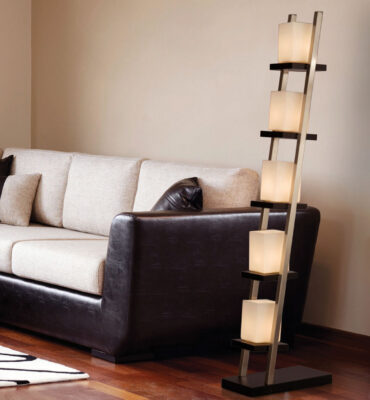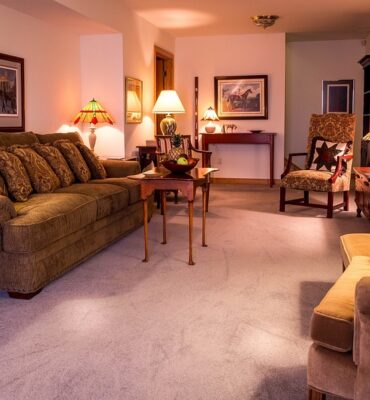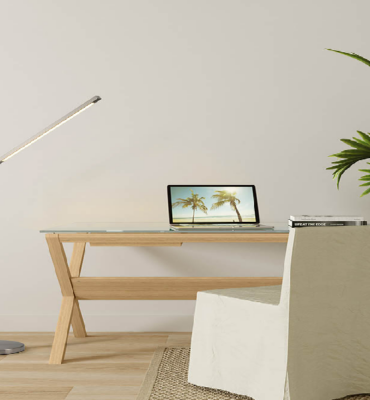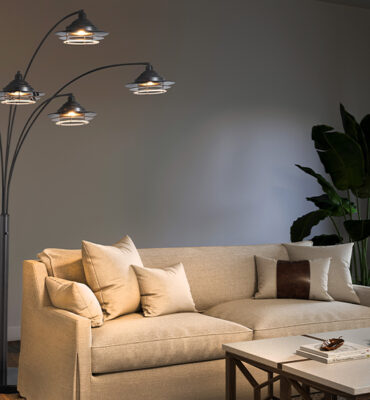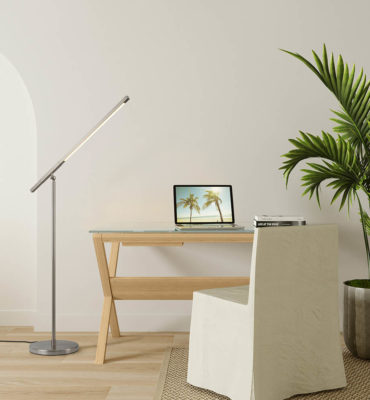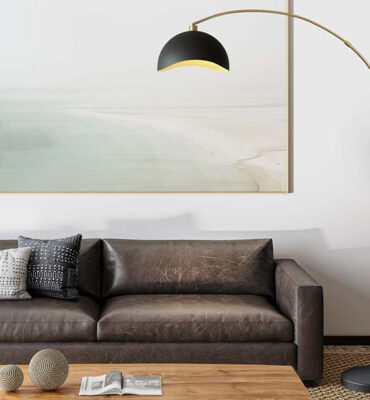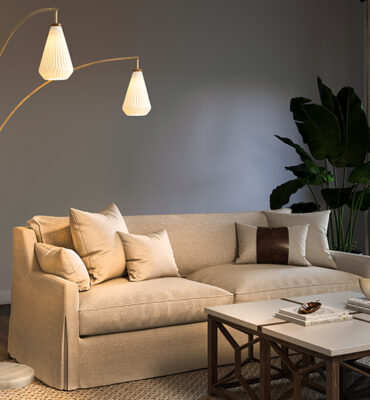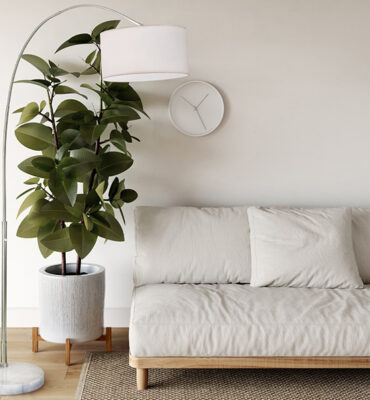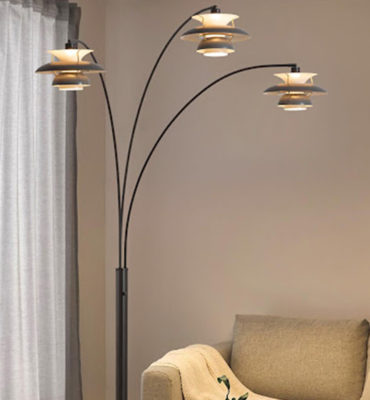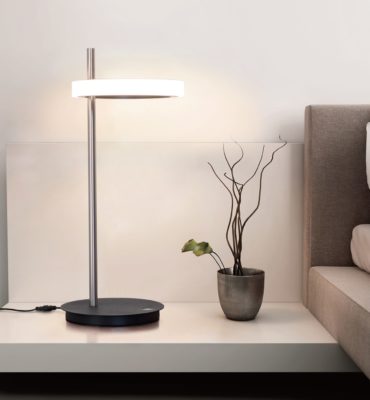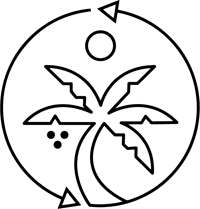The end of a year and the start of another is often a time to reflect on your Minimalist life. It is a time to assess how you spend your energy and time and how closely you’re adhering to your values, all with honest, critical eyes.
“Minimalism has never been about deprivation. Rather, minimalism is about getting rid of life’s excess in favor of the essential.” — JOSHUA FIELDS MILLBURN, theminimalists.com
Going into 2023, we want to help you take a look at the clutter or unnecessary items in your life and your home – the noise — and make a plan for paring it down in the new year.
We’re in the middle of a unique moment in history where the state of our homes can make a more significant impact than ever before on our mental health and well-being.
The goal of this guide is to inspire and encourage you in your journey toward a clutter-free life. We’ve pulled together some of the best advice from organization gurus like Marie Kondo and others to give you a roadmap for purging clutter from your home and the spaces you design.
However daunting the process may seem, you can simplify your life and your home by getting rid of items that don’t serve any purpose, allowing you to focus on the things that truly matter.
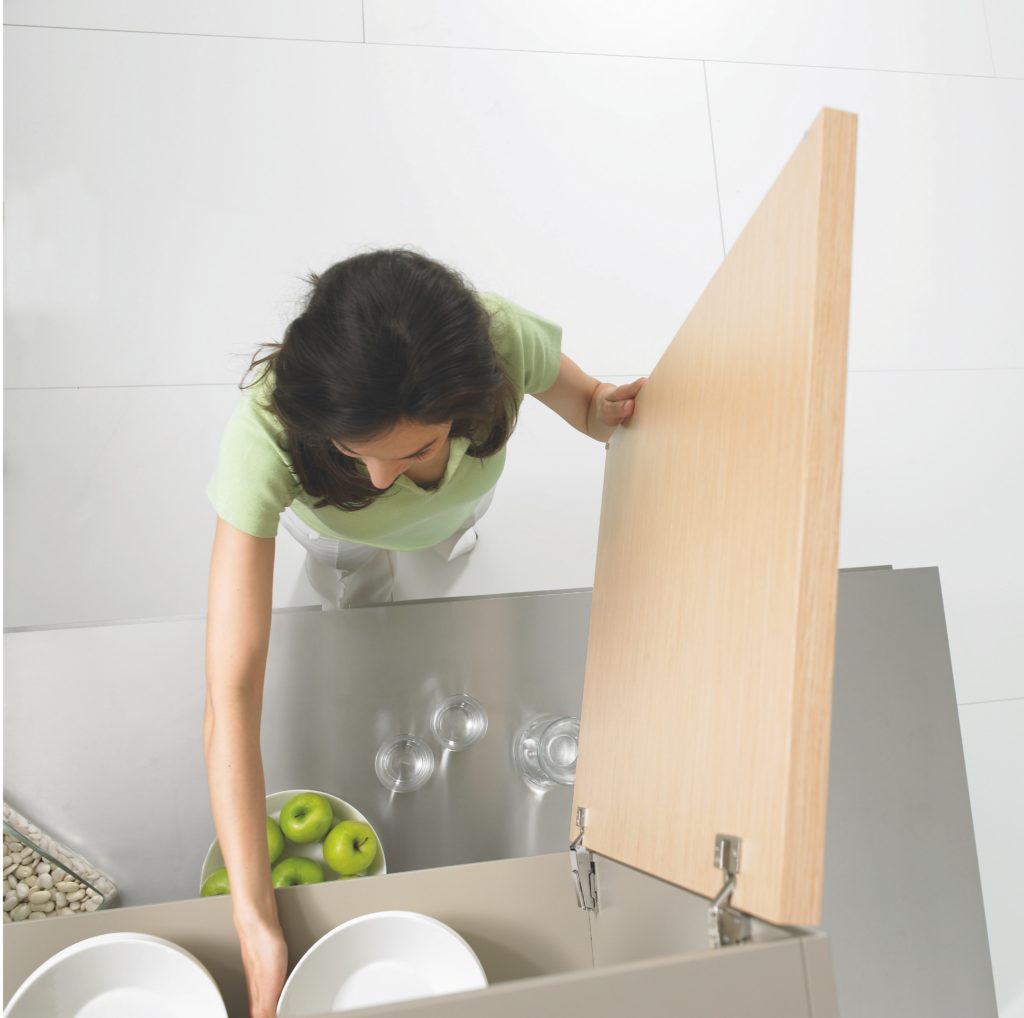
Less Is More: How Decluttering Helps You
Decluttering isn’t merely about being able to find your car keys or keeping computer chargers from getting tangled up. Decluttering involves selecting the elements around you that serve your needs and bring you joy and light.
While conveniences like these are obvious benefits to a dedicated organizational effort, there is a much more important reason to start cleaning out your home in the first place.
Academics and organizational experts alike agree that an organized home is a happier home. The less clutter, the more open spaces for light, the lighter and happier we feel. Read on to learn a few of the positive effects decluttering may have on you.
You May Experience a Drop in Stress
It should not take a scientific study to tell you that cluttered homes can raise your stress levels, but it’s more convincing when they do.
Researchers from UCLA’s Center on the Everyday Lives of Families (CELF) found that the way people described their stress levels was often linked to the amount of clutter in their homes.
The more things we acquire, the more work is involved with keeping these items organized, according to Anthony P. Graesch, Ph.D., one of the researchers involved in the project.
“It’s difficult to find time to sort, organize, and manage these possessions,” Graesch says in a UCLA Magazine article. “Thus, our excess becomes a visible sign of unaccomplished work that constantly challenges our deeply ingrained notions of tidy homes and elicits substantial stress.”

You Could Be More Prepared for Spontaneous Entertainment
We have gotten used to having few or no guests in 2020, but that won’t always be the case. If the thought of a friend or family member stopping by on short notice makes you want to climb out the nearest window, you probably have clutter issues.
In a self-authored Goop article, professional organizer Shira Gill talks about the impact this can have on your well-being.
“Can you throw a party or host a friend without having to scramble to clean up in a panic? Would you wince if someone were to open a drawer to find something?
When your home feels like something to hide or be ashamed of, it takes an emotional toll, commonly triggering feelings of guilt or shame,” Gill says. The less clutter, the more open spaces, and the additional light in a room contribute to feelings of lightness, joy, and being in control.
You May Save More Money
Getting rid of things you don’t need shows you how much less you can live with. Do you need some of the things you think are essentials? Do you need that many clothes?
Can you rent or borrow items instead of owning them? Once you take a good, hard look at the things you truly need, you may find multiple areas where you can cut your spending.
Buying Quality
“My grandmother always told us, we are too poor to buy poor quality,” says Daniel Edelist of NOVA of California. We are mindful of what we buy, we buy fewer objects of exceptional quality and we buy them once.
Rather than buying disposable, poor-quality objects that will deteriorate or obsolesce in the short term, we could all do well by heeding a wise grandmother’s advice to buy fewer things but buy quality items that will last.
Mindful purchasing, Dual-purpose products
In this moment of concern regarding germs and viruses, we need to think carefully about every new article we bring into our homes. The more we can do to avoid adding objects to tabletops, the better.
When considering lighting, we can choose another table lamp next to the sofa or we can buy a quality arc lamp that provides overhead lighting without taking up table space.
For bedside reading, why not consider a wall sconce with LED lighting rather than another nightstand lamp? Similarly, in entryways or bedrooms, you can consider products that serve multiple purposes—an illuminated mirror that is functional and adds ambient light to a room.
You May Get More Done
If you’re like many people, you probably have more than a few half-finished projects in your home. Whether it’s a pile of papers that needs sorting or purchases that you keep meaning to return but never seem to have the time to handle. Chances are it makes you frustrated and stressed every time you think about these unfinished items.
Researchers from DePaul University and the University of New Mexico explored the connection between clutter and procrastination. They found that procrastination can lead to clutter and decrease happiness in older adults.
If you can learn to stop procrastinating and deal with all the clutter in your home, imagine how much more time you will have to tackle other, more critical projects in your life.
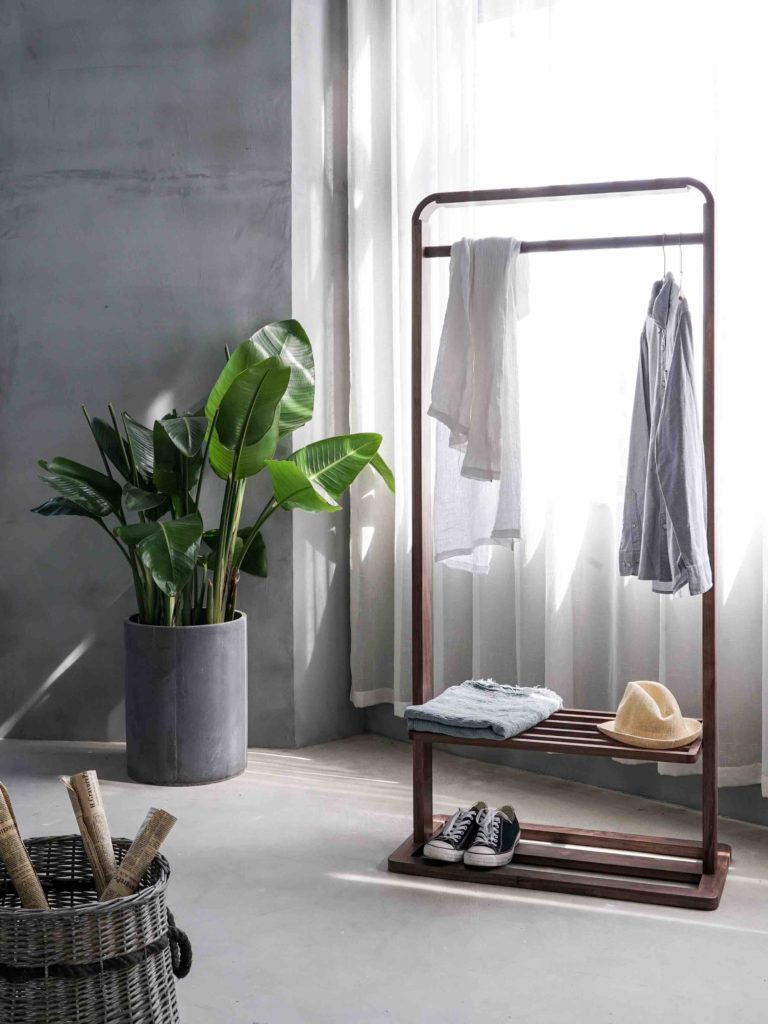
Strategies for Decluttering Your Home
Once you have come to terms with the fact that you need to organize and how it could help you, you need a game plan. Try these tips and strategies, sourced from organizational and minimalism experts.
Follow the KonMari Method
If there’s one name in the organization you know, it’s Marie Kondo. Author of the wildly successful book, “The Life-Changing Magic of Tidying Up,” Kondo offers a unique approach to decluttering your home, called the KonMari Method.
The method focuses on paring down your possessions to only those items that “spark joy” within you and bring in a feeling of lightness.
A few steps Kodo uses to help in your battle against stuff include:
1) Committing to tidying up your home as you go through your day.
2) Thinking about what life you want to lead, and then taking steps towards it.
3) Intentionally and methodically throwing away things you no longer need.
4) Before you begin organizing or organizing by category, create a plan to follow from the start.
“Tidying is about what you want to keep in your life, not what you want to eliminate. This is what inspired the bedrock for the KonMari Method – choosing to keep what sparks joy,” Kondo says in a Forbes interview.
Think Outside the Box
If you need extra motivation to start decluttering or simply organizing, try tweaking the actual work, making it more like a challenging game than a chore. Minimalism expert Joshua Becker offers a few creative strategies to help you have more fun and get decluttered faster.
Try the “12-12-12 Challenge,” where you must donate, toss, and put away 12 items each. You can also try the speed method: fill a trash bag with items to donate, all while timing yourself.
Rethink Sentimentality
This is your friendly, loving heads-up: you may experience a range of emotions when you begin the process of decluttering your house.
You might feel overwhelmed by the sheer volume of stuff you have accumulated over the years.

You might feel ashamed or guilty about the hole you have dug yourself into. And that is before you jump into actually doing the work.
Many people have a hard time letting go of sentimental objects even when they no longer serve any purpose or bring any happiness to the owner.
“Sentimental items are hands down the most difficult area for my clients to declutter,” says Rachel Rosenthal, professional organizer, in her article “The Most Difficult Category to Declutter.” “Honestly, more times than not, the client doesn’t even want the actual item.
Some people want a visual reminder of the memory, but it is not adding value to their life (e.g., keeping your high school jeans front and center in your closet as “inspiration”).”
So how to get over this hurdle? Rosenthal recommends remembering that “it’s just stuff.” You can get rid of hand-me-downs and heirlooms while still holding on to cherished memories and associations.
De-Cluttering for Health and Well-Being
The global pandemic has changed the idea of microbial threats for our lifetime. Residential designers are designing homes free of cluttered surfaces where microbes might land.
Hotel owners and hospitality designers are removing decorative accessories and plants from tabletops. The bedspreads have come off the beds and everything must be washable and free of germs. The amenities, fruit baskets, chocolates, leaflets and information guides, wine bottles, and flowers are no longer a standard.
More and more we are seeing a focus on excellent lighting, wall décor, and mirrors to set the guest experience and instill confidence in hotel guests.
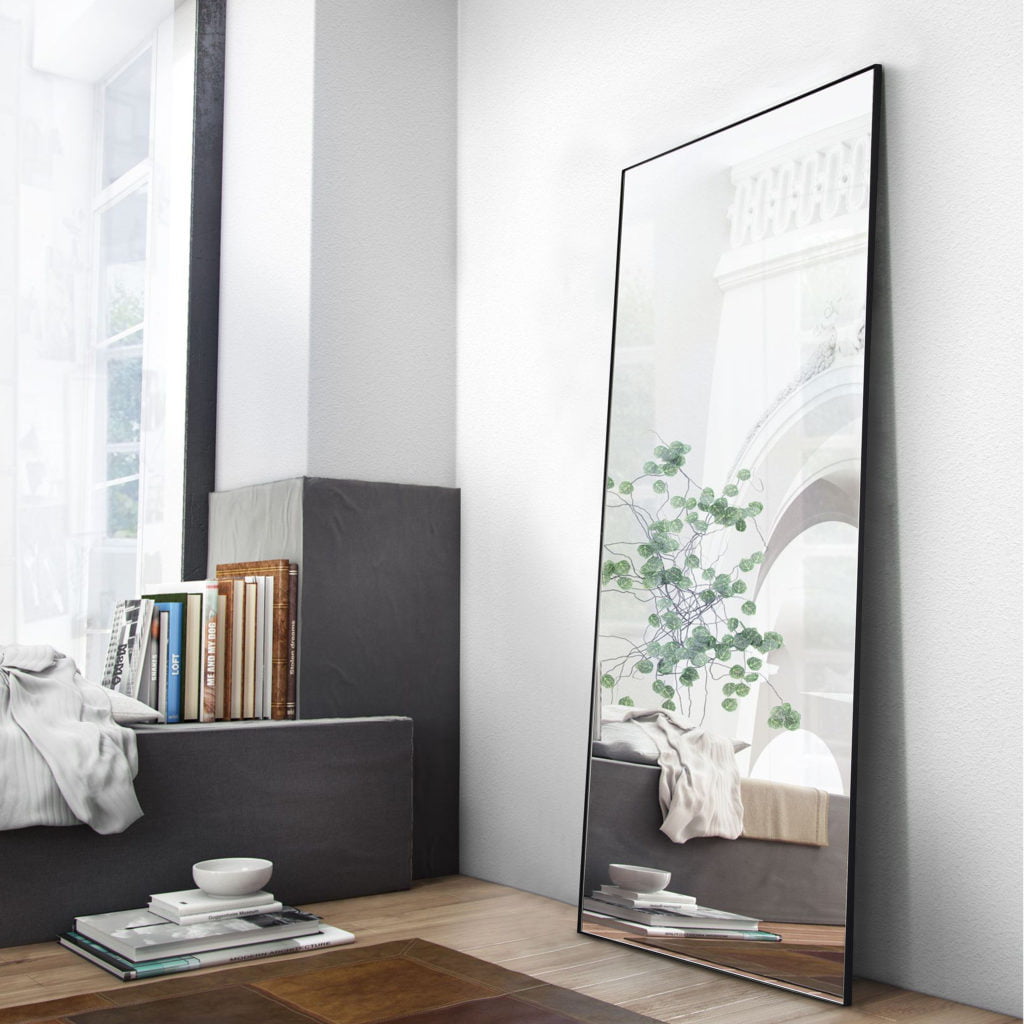
Preserving Your Clutter-Free Space
We all know how New Year’s resolutions come and go. You are super motivated to go to the gym, quit drinking coffee, or read a book a week for the first month or so, but somewhere in late February, your motivation wanes.
The drive to the gym does not seem worth it; you convince yourself you need one sip of a latte to get you going in the morning and Netflix sounds way more appealing than another chapter of that autobiography.
Once you have decluttered your house, don’t let it go the way of so many other New Year’s resolutions. Put in the work to keep your home in that same stress-free state.
Get rid of an item every time you plan on bringing in something new. By doing this, you may even realize you do not need that new item after all.
Regularly purge your closet of all the items you no longer want or need. Once you see the kinds of things you purge regularly, you may be able to avoid buying those items for good.
On the other hand, consider a capsule wardrobe to go along with your decluttered lifestyle. This one will take you step-by-step to your new minimalist wardrobe.
Reflect on how your life has changed for the better. Are you less stressed during the day? Do you lose things less than you used to? Make a note of these things and remember how you felt before you committed to decluttering to motivate you to maintain your progress.
If decluttering your home in 2024 seems daunting, remember that we have all been there. In the modern world, having lots of stuff is the norm, and minimalists are in the minority. But even if you think your house is beyond help, know that it’s not.
Take a deep breath, take two more, then get to work. You’ll love the way feel and live afterward!




